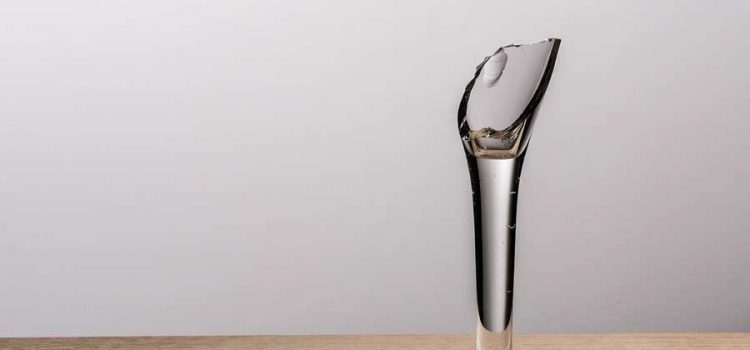There are a few telltale signs that can reveal your struggle with hard water in your household. The signs show up every time you use your water, and sadly you cannot avoid using it.
To solve this problem, first ensure that you are getting quality water that isn’t salt water. If you do find out that the water in your home is hard, it is wise to act early and start using a whole-home water softener as soon as possible. A water softener eliminates excess magnesium and calcium in water and replaces these minerals with potassium and sodium ions.
There are several things to keep an eye out for if you’re wondering whether or not hard water is a problem in your household. We’ll discuss these signs in a bit more detail below
Faded Clothing
Hard water destroys colored linens by making them fade. You may also notice that you have to use a lot of liquid or powdered soap when washing clothes to achieve the desired results. To make matters worse, hard water makes clothes difficult to wash and rinse as soap scum forms and is difficult to get rid of. In some cases, hard water can even permanently stain white clothes if it has too much iron.
Clogged Pipes
People living in hard water areas always have issues with clogged pipes. They often need plumbing work because the limescale in the water blocks the pipes, which constricts the flow of water. The problem is especially common in homes that use steel pipes, and it becomes an expensive affair to replace pipes so often. If you notice a chronic issue with clogged pipes in your home, it’s time you looked into a water softener to save yourself from trouble.
Stains on Ceramics
Often, you may notice that your white ceramic items such as bathtubs and sinks get stained even after scrubbing. These stains show high mineral contents in your hard water, which leaves behind magnesium and calcium deposits once the water evaporates.
The stains are tough and costly to remove. If you experience such deposits on your sinks, then this alone is reason enough to consider a water softener.
Brittle Glassware
Have you been having trouble with your glassware breaking often? That is yet another signal that hard water is in your home, and it’s another sign that you should consider a water softener. Although there are several hacks you can use to clean up your glassware such as using vinegar, they can be tedious, expensive and unreliable. The best alternative is to use a water softener.
Limescale Buildup
It can be extremely annoying to always clean up limescale on kitchen items such as electric kettles and coffee pots. The limescale buildup is a sign of hard water in your home and a call for a water softener.
Dry Hair and Skin
Hard water makes your skin and hair dry, and excessive calcium and magnesium on the skin make you feel itchy. Even if you use moisturizing shampoos, conditioners and body washes, if you still rinse it out with hard water, your skin will not get nourished and will instead feel dry and uncomfortable.
Increased Water Bills
Hard water is expensive, as it takes a lot of time and effort to pump water through pipes. If you notice escalated water bills, note that hard water could be contributing. Using a water softener would help to cut down on these unexpectedly high bills.
Conclusion
Signs of hard water aren’t always obvious, and they can often manifest as small inconveniences that we just learn to put up with in our day-to-day lives. If you’re experiencing any of these inconveniences, you don’t have to keep dealing with them. A whole-home water softener may be just what you need to improve your quality of life in ways you didn’t even realize it could be improved!
